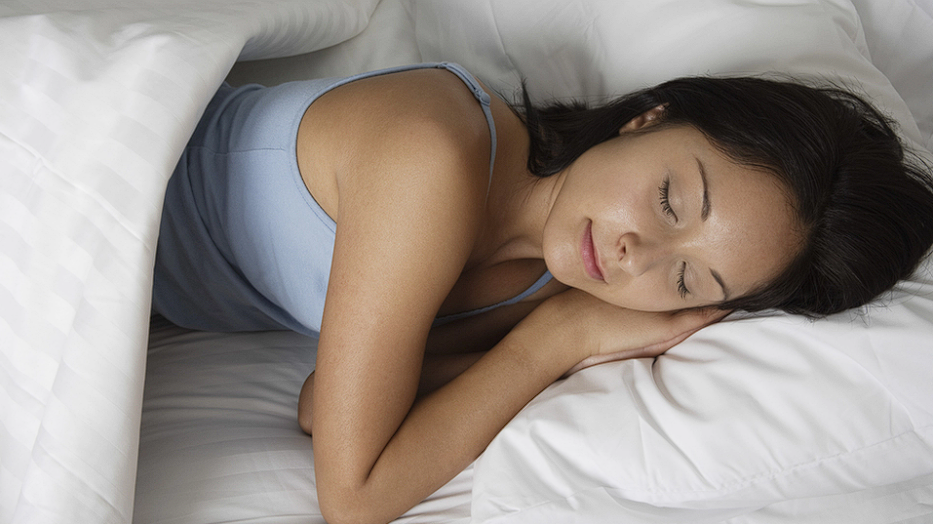A groundbreaking study spanning ten years reveals consistent physical activity as a transformative factor in improving sleep quality.
Others are reading now
Unlocking the secret to a good night’s sleep has long been a quest for both scientists and the sleep-deprived alike. Now, a groundbreaking study spanning ten years offers a simple yet effective solution: regular physical activity.
This extensive research not only sheds light on how to achieve the elusive 7-9 hours of recommended sleep but also underscores the significant impact of exercise on reducing sleep disturbances.
The Power of Physical Activity on Sleep
The study, involving 4,399 middle-aged men and women from nine European countries, meticulously tracked participants’ exercise habits and sleep quality over a decade. Initially part of the European Community Respiratory Health Survey, these individuals provided insights into their physical activity levels and sleep-related issues through detailed questionnaires at the beginning and end of the study period.
Findings reveal a compelling link between consistent, moderate exercise and improved sleep quality. Specifically, participants who maintained a routine of exercising at least twice a week for an hour or more enjoyed a 42% reduction in the likelihood of difficulty falling asleep and a 22% decrease in sleep disturbances symptoms.
Also read
This contrasted sharply with those who led a sedentary lifestyle.
Exercise: A Simple Prescription for Sleep Problems
The research further clarified that regular physical engagement needs not be intense; even moderate exercise 2-3 times a week can significantly mitigate sleep issues. This conclusion draws a clear line connecting consistent physical activity with fewer sleep-related problems, including the challenges of falling asleep and experiencing sleep disturbances.
The study also presents a cautionary tale: the benefits of exercise on sleep quality are not permanent without continued activity. Participants who ceased their active habits saw the positive effects on sleep dissipate.
Despite limitations, such as reliance on self-reported data without external verification of physical activity changes, the study’s outcomes align with previous research advocating physical activity as a remedy for sleep disturbances. The results, published in BMJ Journals, advocate for the integration of regular exercise into daily routines as a preventive measure against sleep issues, rather than merely a temporary fix.
Consistency Is Key
The takeaway from this decade-long study is clear: incorporating physical activity into one’s weekly routine can dramatically enhance the quality of sleep, offering a straightforward strategy for combating sleep disturbances and improving overall health.
As the researchers emphasize, the consistency of this practice is crucial, with the most significant benefits reserved for those who maintain an active lifestyle over time.


